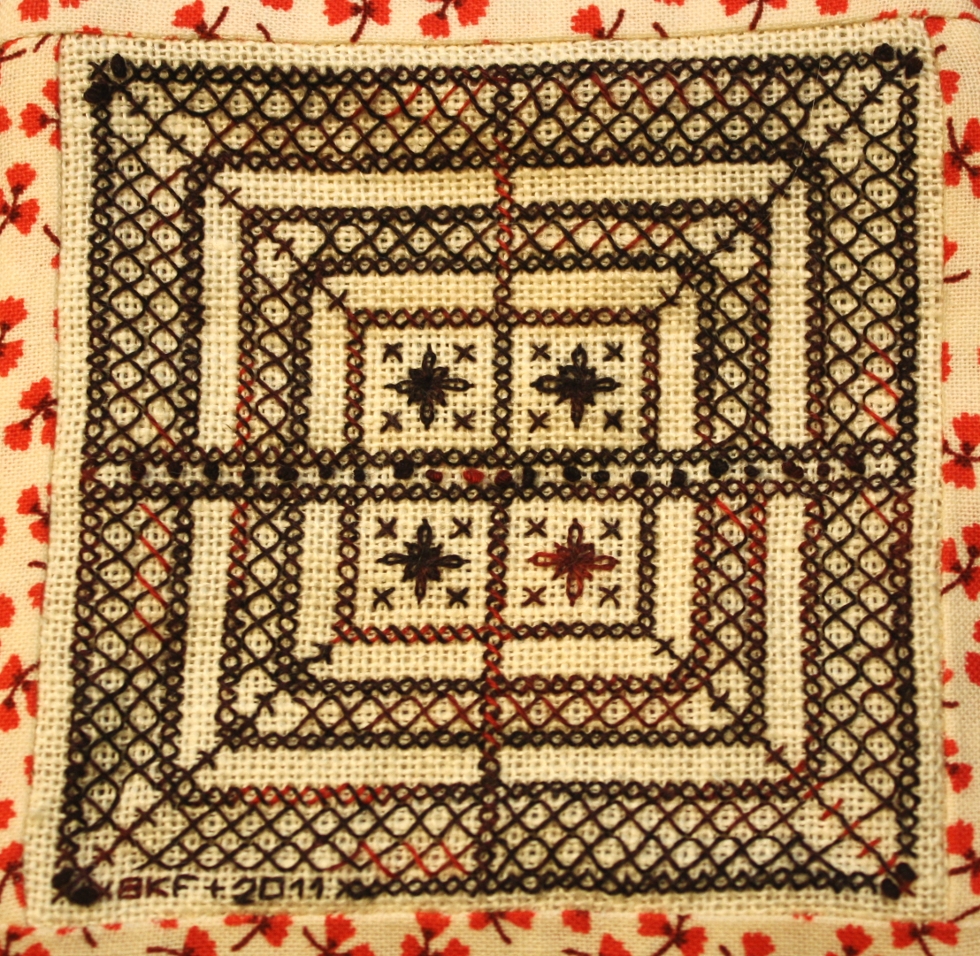
I lied to a dying man, although I meant every word. It’s a strange thing, to say you intend to do something that you don’t really intend to do, yet feeling as though the words themselves are embraced in such uncompromised truth that they actually exceed their indexical meaning. If there is spirituality in promises, prayers, and praise, can there also be spirituality in the excellence of the lie?
I had known Phil for barely over a year, while doing ethnographic research with evangelicals in Knoxville, Tennessee. We became close friends, despite a four-decade generation gap and even wider cultural differences. I was a New York academic with an agenda; a secular Jew sojourning in the lives of church folk. Phil was a committed Christian, with a lifelong dedication to his church and a passion for ministries of evangelization. He was an endearingly calm, quick-witted Tennessean, and an ebullient father and grandfather. When I met him, he was already fighting for his life.
The lymphoma that eventually killed him was gaining ground, and Phil was undergoing a series of chemo treatments at a local hospital. He had a steady, seemingly endless stream of visitors; family, friends, coworkers. On the afternoon I visited he was uncharacteristically alone, but characteristically upbeat and talkative. As I approached his bed he sat up and smiled, barely showing a hint of fatigue or concern. “This sucks,” I said, gesturing at the wires, tubes, and monitors that surrounded him but clearly referring to something more. He tilted his head back and laughed. “Yeah, it does kinda suck,” he said, still smiling, “Thank you! You’re the first person to come out and say it since I’ve been here.”
We talked for several minutes, perhaps an hour, mostly about news and gossip in the community. We talked about my research, which Phil supported by helping me make contacts among local pastors and churchgoers and putting a little friendly pressure on those who never invited me to their Bible study groups. I used to joke with Phil that he was like “my personal mob boss” in the church. On more than one occasion he turned the table, calling me his “personal rabbi.” It was novelty that drew us to friendship in the first place; it was a shared sense of humor that kept us there.
As I prepared to leave Phil’s bedside that afternoon my heart was heavy and my hands turned cold. I knew what I was about to say. I didn’t plan it ahead of time, but I could see it coming and chose not to stand in its way. In my relations with people who were part of my research, I never wanted to feel like I misled or deceived anyone. But this instant just felt different. It called for something novel.
“I’ll pray for you.”
I said it.
Phil stared back stunned. In those fleeting seconds I imagine he was both shocked and pleased: There was hope for me yet. He was never the kind of guy to be smug or self-congratulatory about such a thought. There was undoubtedly a part of Phil that reveled in my words, but he was far too mature in character, and in his faith, to have settled on a triumphal reading of our exchange, as though my spiritual indifference was finally conquered and that was that.
And what of my character? I lied. I told someone that I would do something for him that I could not do. I didn’t plan to set aside time to petition God on Phil’s behalf, or “lift him up” as evangelicals say, at least not in any way consistent in form or content with the prayer practices of the faithful. Perhaps I should have simply said, “I’ll keep you in my thoughts, Phil”? Why even invite the pretense of religiosity? Was I so eager to make Phil happy? Did I think my words, my simple unexpected words, could actually save him?
The fact is, by telling Phil that I would pray for him I spoke something of an indirect truth. My sincerity rested not in the content of the statement but rather the sentiment that inspired it. It was a sentiment that called out to be expressed in prefabricated words, conveyed in what for me were new wineskins (to put it biblically). I wanted to enter a new level of social exchange, to give him an inalienable gift, however disquieting and self-alienating it may have felt. I wanted him to know that I cared about him that much.
Page 1 of 2 | Next page